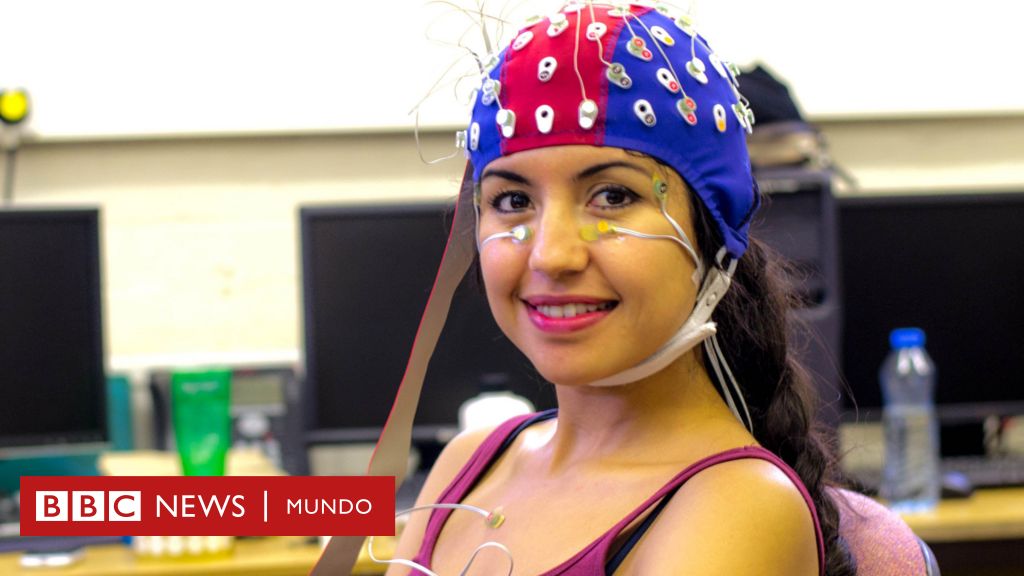The Dystopian Reality of Neurotechnology: A Threat to Privacy of Thought
Neurotechnology has emerged as a groundbreaking field in healthcare, revolutionizing the way we approach various medical conditions. However, these advancements also raise concerns about the potential misuse of such technology. According to Nita Farahany, a professor at Duke University, the threat to the privacy of thought is not a distant concept but a current reality that must be taken seriously.
In her book, “The Battle for your Brain: Defending the Right to Think Freely in the Age of Neurotechnology,” Farahany argues that the erosion of our privacy of thought has already begun, even without direct examination of the brain. It is through the collection and analysis of personal data that companies have gathered a wealth of information about us – our social connections, emotional responses, preferences, and behaviors. This data is then utilized to create precise profiles that reveal our desires and preferences.
As neurotechnology continues to advance, our inner workings and even our thoughts are becoming increasingly accessible. Brain sensors, similar to the heart rate sensors found in smartwatches, can capture electrical activity in the brain, providing insights into our emotions, thoughts, and reactions. Advanced artificial intelligence can then decode these signals, allowing companies to gain a deeper understanding of an individual’s mental and emotional states.
Farahany argues that it is essential for individuals to recognize that their brains are not entirely their own. This notion challenges the concept of free will, as our actions and choices can be influenced by algorithms designed to manipulate our behaviors. The constant notifications, automatic video playback, and other techniques employed by technology companies can undermine our ability to exercise true free will.
While Farahany is an advocate for the positive aspects of neurotechnology, she emphasizes the need for a balanced approach. It is crucial to define the functionalities of these technologies for the common good while also addressing the risks of their misuse. Farahany lists various contexts where brain monitoring could be beneficial, such as improving road and workplace safety or detecting neurodegenerative diseases at an early stage. However, she also highlights the potential for abuse, such as excessive monitoring in the workplace or invasion of privacy in intimate settings.
Government surveillance and the widespread collection of personal data is a significant concern for Farahany. In countries like China, brainwave monitors are already being used by workers and military forces to detect emotional spikes and maintain social stability. Farahany argues that privacy laws should explicitly address the right to mental privacy and advocates for the recognition of the ‘right to cognitive freedom.’ However, the advancement of technology often outpaces legislation, leaving room for companies and governments to exploit legal loopholes.
One high-profile neurotechnology project that has generated controversy is Neuralink, led by Elon Musk. Neuralink aims to implant chips in the human brain to cure neurological diseases and enable control of devices through mind control. While some experts express concerns about the implications of such technology being developed by a for-profit company, the project has received authorization for human testing.
As neurotechnology continues to progress, the need for regulations that protect mental privacy becomes evident. While these advancements hold immense potential, it is crucial to strike a balance between reaping the benefits and safeguarding against the potential risks. Farahany’s call for greater public awareness and a regulatory framework to address these issues highlights the critical intersection of science, ethics, and individual rights in the age of neurotechnology.
